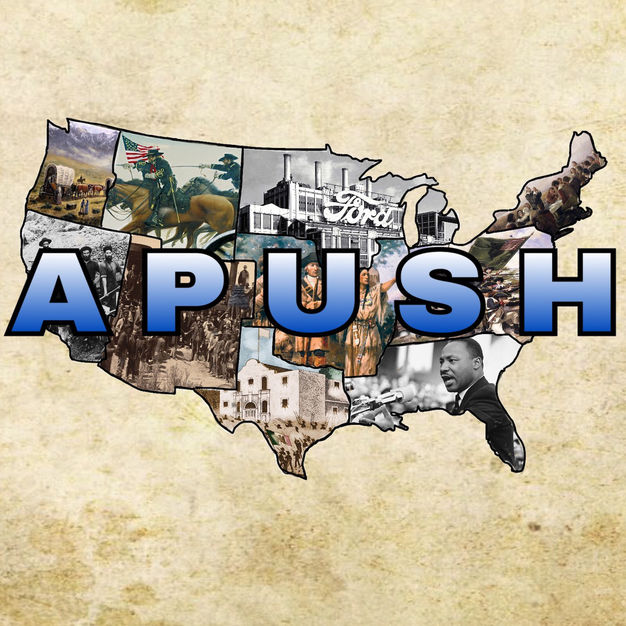The Vietnam War was one of the most controversial wars throughout the entirety of American history. A war that started in 1954 due to French tensions with communist rebels, turned into an Americanized quagmire that continued on till the Paris Peace Accords in 1973. The war made huge jumps in terms of technology, war-time strategy, and American culture, but it ultimately caused many "issues" for the industrial complex United States. The war not only left a nation divided in one of the most strenuous periods in American history, but it changed the way the United States handled foreign issues and future affairs. More importantly, the war had negative affects on the soldiers who fought it, both home and abroad, mentally and physically, and caused 58,315 Americans to make the ultimate sacrifice. The war is disputed to this day, in terms of the victor, its justification, and how it was handled by those who ran it, however populist opinion dictates the war poorly in American culture. With this being said, the only way for the people to truly make a conclusion about The Vietnam War, we must see it through the eyes of those who fought it.
Sergeant Carroll L. Six Jr. was born on Thanksgiving Day, November 24th, 1950, during a blizzard in a small West Virginia town. He is also known as the most interesting man in the world. After moving to Pennsylvania during High School, he enlisted in the United States Army under the impression that Uncle Sam would give him the usual draft notice. Originally planned on becoming an MP(Military Policeman), he instead went on to become a part of The 82nd Airborne Division, and take his post on a M551 Sheridan Tank in the jungles of Vietnam. Sergeant Six served a total of four years in the Army, 1969-1972, and from those years he served in Vietnam from 70'-71'. After the Army, he went on to work for the railroad industry, and began a family with his wife Darlene and children Rachel and Jeremy. From his tenure in Vietnam, Carroll Six had experienced a war that was controversial to many, heartbreaking for millions, and ultimately changed the United States for years to come. Through his experiences overseas, he has developed numerous conclusions on American politics, The Cold War, and the global political spectrum. Here is his story.
5 June 2017, 6:55 pm
